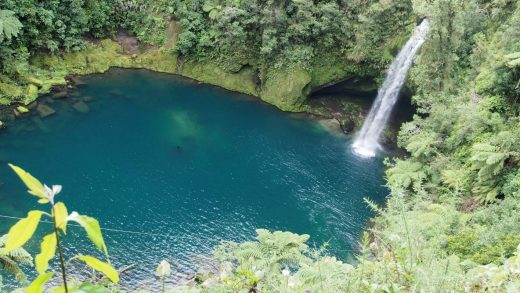
HEADLINE: Plucky carmaker adds to mounting Clean Car Discount criticism
STANDFIRST: Suzuki New Zealand general manager calls out govt’s lack of communication and perspectives around EVs.
PICTURES: 639005183 (Suzuki Swift Sport): Having risen in popularity following the introduction of the Clean Car Discount, thanks to the latest changes to the scheme none of Suzuki New Zealand’s models will qualify for a rebate from July 1 onwards.
648097455 (Suzuki Vitara Hybrid): The Vitara Hybrid was only introduced in March, and it has already lost rebate privileges.
Supplied
Having risen in popularity following the introduction of the Clean Car Discount, thanks to the latest changes to the scheme none of Suzuki New Zealand’s models will qualify for a rebate from July 1 onwards.
The general manager of Suzuki New Zealand’s car division, Gary Collins, has criticised the government’s recent revisions to the Clean Car Discount, specifically citing a lack of communication and questioning supposed assumptions around used electric vehicle supply.
The government revealed a host of changes to the Clean Car Discount on Tuesday morning, confirming that it would be slightly lowering the rebates for fully electric and plug-in hybrid vehicles, while simultaneously hiking fees on high-emitting internal combustion engine vehicles and almost completely wiping hybrid vehicles from rebate status.
In a statement sent to Stuff, Collins said that there was “virtually no prior communication” from the government to the industry about what the changes would be ahead of time, meaning any planning from the brands was limited.
Matthew Hansen/Stuff
The Vitara Hybrid was only introduced in March, and it has already lost rebate privileges.
“Obviously the short lead time on this change is not ideal for the industry with our long order lead times or for customers with vehicles on waiting lists that are expecting to get the discount. I guess we are yet to see the fall out on this,” Collins said.
READ MORE:
* Biggest losers: those hit hardest by the Clean Car changes
* Government shakes up Clean Car Discount scheme
* NZ’s cheapest electric car now even more tempting
* Suzuki fears Kiwi customers can’t afford electric cars
Suzuki New Zealand recently launched its new Vitara Hybrid crossover; a model it had hoped would see it weather the current Clean Car phase in the build-up to the Japanese carmaker’s first electric vehicle, which launches in 2025.
Having only brought the model to market in March, Suzuki now faces the awkward issue of informing customers who ordered Vitara Hybrids with the thought that they would be receiving a rebate that no such rebate is coming – unless they get the keys to their car prior to July 1.
The Suzuki S-Cross has been updated inside and out for 2022.
“The lead times being given to the industry for recent changes like the CCS and CCD are incredibly short given we are planning to order several months ahead,” said Collins. “There is no chance to adjust our plan or allocations if we only have a month or two so we are stuck with whatever we have ordered or been allocated.”
Collins conceded that Suzuki has gone from the high of having one of the most rebate-fueled line-ups in the country, to not offering a single model that’s entitled to a rebate. “We currently have 11 model variants of affordable, low emission vehicles that currently receive CCD rebates. From 1 July none of these models will be entitled to a CCD rebate,” he said.
Collins’ comments echo some of the remarks made by the likes of Toyota New Zealand and the Motor Industry Association. Indeed, the former has a similar issue on its hands. Currently all of its hybrid models are eligible for a rebate. From July 1, rebates will only be available to the Yaris, Yaris Cross, and Corolla wagon hybrids.
He fears that those who might have been incentivised to purchase a new small car like a Suzuki Swift Hybrid are now more likely to either settle for the pure combustion Swift, or simply hold onto their existing set of wheels.
DAMIEN O’CARROLL
The first new Suzuki Jimny in 20 years is here. Suzuki literally can’t get enough of them though. (Originally published March 2019)
Collins is also sceptical of the thought used EV models like the Nissan Leaf will be able to cover off customers wanting to spend $30,000 or less on a vehicle. He notes that there is a shortage of these vehicles – a point often made by used car dealers around the country.
“There is already a shortage of used import BEV models to import and the increased CCD rebates that will apply to them will drive up values further,” said Collins. “So the options for sub $30k buyers looking to reduce the emissions from their current vehicle will be very restricted, which is difficult for many New Zealanders given the increasing cost of living.”
At the time of writing there were 1,185 Nissan Leafs advertised for sale on Trade Me, making it one of the most prolific used vehicles on the site. It has been reported that roughly 20,000 Leafs are currently registered in New Zealand, with well over 90% of those being used models from Japan.
With Leaf sales in Japan totalling more than 208,000 by the end of 2021, it indicates that an approximate 10% of all of Nissan’s Japan-made Leafs have crossed the waters to New Zealand.


